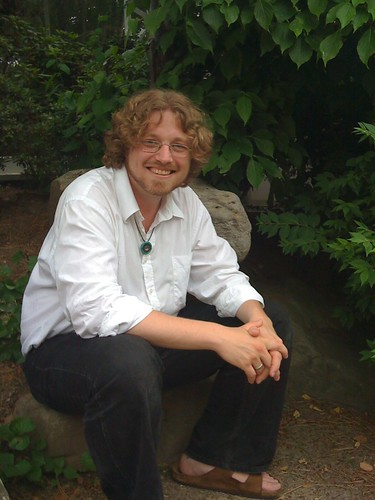How to Break a Man
In 2009 I almost had to choose between my fiancée and my children.
I was recently divorced, and had just met
an extraordinary woman; but she lived five hundred miles away. Ali was in Pittsburgh, and I lived in Massachusetts, near my children, my ex-wife, and her fiancé. At first I resigned myself to a long-distance relationship, and had little hope that it could become serious and long-term. But then I found that, completely by coincidence, my ex-wife's fiancé's parents lived in Pittsburgh as well; and this confluence, plus Pittsburgh's lower cost of living, better employment prospects, beautiful mountains and rivers, and moderate climate decided all of us that we should simply move everybody wholesale. So I went ahead and moved to Pittsburgh.
But then, when my ex-wife was partway through planning her own move, suddenly things were up in the air again: her fiancé had a serious job prospect open up in Chicago, an opportunity worth a
lot more money. Everything went on hold while he went to interview after interview, and agonized over the choice for weeks. Depending on his decision, my children might end up a day's drive away from me.
By this time my relationship with Ali had become very serious indeed. If my children moved to Chicago, there was no question that I would need to be near them. But, unless Alison came to Chicago as well, I'd be a broken man.
Fortunately I didn't have to choose: the job in Chicago didn't work out, and now all of us are living happily in Pittsburgh. But for me it was a tense time, in which I thought a lot about the different kinds of bonds between people.
The bond between a parent and young child is extremely strong -- stronger than any other bond in the world, I think; and yet we call it "love", the same word we use for the relationship between, well, "lovers". In one way, it is not the same kind of thing at all. In another way, they're very similar.
Let me try to explain...
The Inner Landscape
A central part of my spiritual religious practice is meditation, particularly visualization. I use a technique common to many religious traditions, in which I relax and concentrate on visualizing natural scenes, cultivating a sort of 'inner landscape'. In this landscape I work with images and symbols, much as one works with dreams or subconscious symbols in psychoanalysis. The practice is extremely valuable for me, giving me essential information about my own psychological makeup and inner life, as well as hints of divine intention.
For example, at one point while I was still married, my ex-wife was involved in a potentially fatal car accident, and for months afterwards I suffered from nearly uncontrollable attacks of fear and panic. Visualizations of the flights of eagles, meeting with guides and gods, and climbing out of an abyss helped me regain my composure and dig out the roots of the problem. Later, while I was going through the breakup and separation that led to my divorce, visualizations of crawling up mountains and negotiations with agents of change helped me adopt a healthy emotional attitude, to feel supported and guided through the process. Even later, visualizations involving Death and fire in water helped me find my emotional footing while I was negotiating a new relationship, a new city, and a new job.
I should make it clear that these visualization meditations are not the same as daydreaming or writing. It's a creative process, but one in which the subconscious is engaged as directly as possible. Generally you start with some idea of a setting -- a garden, a beach, a forest -- and once it is firmly established in your imagination, you allow things to happen, or guides to appear, or follow impulses to wander or explore. The images, guides, and impulses are messages from your subconscious, or even deeper influences.
After exploring my inner landscape for a few years -- its forests, pools, beaches, and mountains -- I began to recognize patterns in its geography. For example, it had four edges, roughly speaking: an abyss, a desert, mountains, and the sea; and these four corresponded to the four classical elements: air, fire, earth, and water. Near the center, in a place where I usually began my meditations, there was a pair of small hills, each with a temple on top of it; and between them was an amphitheater, a broad open valley and garden. For me, this area was a sort of
axis mundi, a world axis, in which the entire world was reflected and centered.
The Place of Love and the Other
Near one of those temples is a forest which I think of as the Forest of the Branching Paths, a mostly oak and beech forest with paths that cross and branch endlessly. There are many people wandering in this forest; some are friendly, some are not. Because of the shadows of the forest, and the tendency of people to wear heavy cloaks and hoods, it is often hard to see who you are talking with, or get a clear idea of their expressions or intent.
I often come to this forest when I want to gain some insight into people in my life. For many of us, life is a lot like this forest; and I think in some ways the forest represents our physical or social experiences on earth. In fact, some areas of the forest seem to be especially associated with certain people I know well.
Outside the forest, on the slopes of the hill not far from one of the temples, is an area associated with Alison. The hillside is green and lush and grassy, and there is a stone Celtic cross standing in the turf. It's a place you could lie down in and spend the whole day watching the sun and clouds go by. Once or twice I have come here in meditation to get a clearer sense of what is going on in our relationship. I feel almost as if this is a place where Alison's inner landscape touches my own; as if it is an area where our minds and hearts meet, in some sense.
Other times, when I reach out to Alison in meditation, I find she is right there with me, wherever I happen to be in the landscape -- as if she and I are not separate people at all, but somehow shadows of each other, or overlapping individuals.
Things are very different, however, when I meditate on my children, or my parents. When I go into meditation and think of them, my thoughts are drawn to the hills themselves, the twists and turns of the landscape, the patterns of vegetation and temperature. In some way I feel as if my children and parents determine the very foundational geography of my inner landscape. They never appear as symbols in meditation, but they are pervasive, integrated into everything.
Blood and Water, Air and Breath, Stone and Bone
I honestly don't know why there's such a difference in the way Alison and my children appear in meditation. It might be because my children are blood relations; or it might be because I've known my children longer. And I don't know whether this difference would hold true of everyone, or is just a quirk of my own personal 'landscape'.
But there is a clue here, I think, to why it is we use the same word, 'love', for these relationships that are so profoundly different. Because whether, in the case of Alison, I am semi-physically linked like a shadow, or, in the case of my children, my paths are constrained by the shape and character of the landscape, these relationships help to define my very sense of self. My four children are a fact about who I am, just as my partnership with Alison is. I may change my coat, my haircut, my house, or my job, and that does not change who I think I am. But a loss of these relationships would break me.
In other words, these relationships are an essential part of the scaffolding upon which I am building my life. If I lost my children, I know that whole continents in my inner landscape would change (just as, when my marriage ended, a mountain collapsed). If I lost Alison, the grassy hillside would become bare, and more profoundly, I could not reach out in meditation and find her there beside me and within me, closer than skin. This, I think, is love, in blood or in water: living in a landscape that is not yours alone.

 Did I happen to mention Jeff and I are Pagan? I have? Oh, good, that will save us the awkward transition. Because what I wanted to talk about today is what we mean when we say we want a "Pagan-friendly" or "fringe faith" wedding.
Did I happen to mention Jeff and I are Pagan? I have? Oh, good, that will save us the awkward transition. Because what I wanted to talk about today is what we mean when we say we want a "Pagan-friendly" or "fringe faith" wedding.
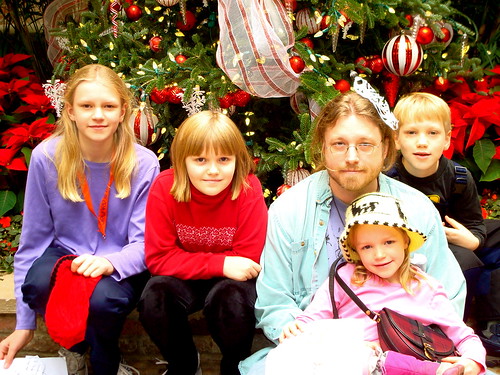

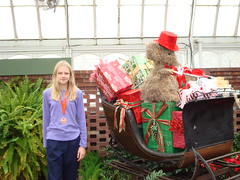

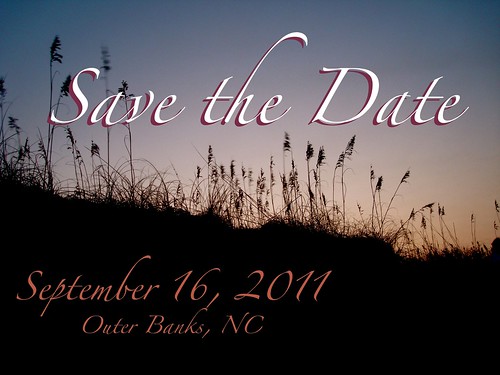



 Jeff and I are both quite serious in our commitment to this lovely blue-green gem of a planet that we happen to live on — which is probably not surprising, considering we're tree-hugging, dirt-worshipping, long-haired-hippie Druids. We see our embodied existence as human animals weaving our way through this vast, thriving world of flora, fauna, landscapes and ecosystems to be pretty much the best, most sacred thing ever.
Jeff and I are both quite serious in our commitment to this lovely blue-green gem of a planet that we happen to live on — which is probably not surprising, considering we're tree-hugging, dirt-worshipping, long-haired-hippie Druids. We see our embodied existence as human animals weaving our way through this vast, thriving world of flora, fauna, landscapes and ecosystems to be pretty much the best, most sacred thing ever.
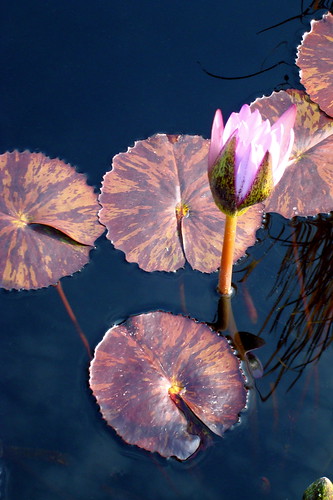
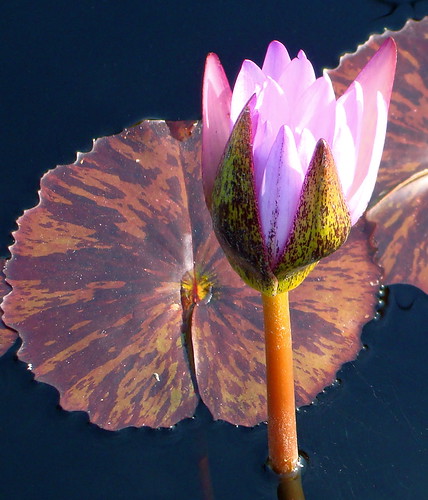
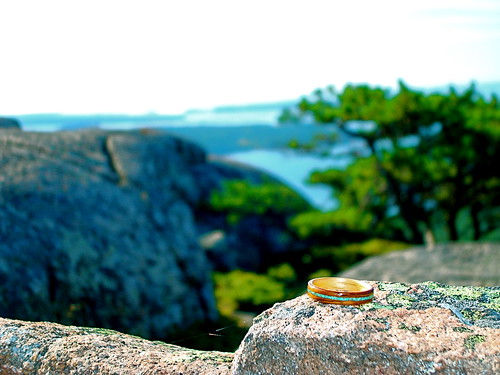

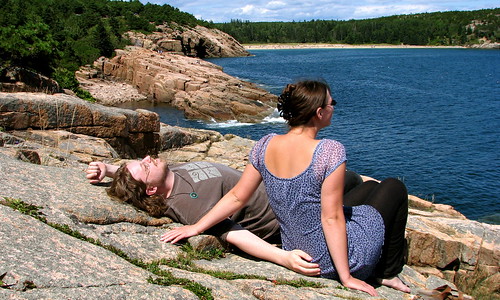
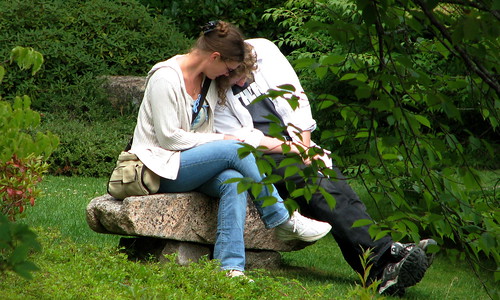


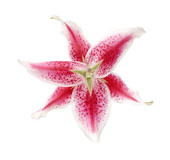
 It's not hard to understand why a low-budget wedding appeals to so many people as they contemplate marriage. Apart from all the hype about this being "the most important day of your life" (to which I always respond kindly that I certainly hope my life doesn't peak at twenty-eight), the fact is that most weddings are a step towards married life, family life, and all the dreams, plans and future expenses that those things entail.
It's not hard to understand why a low-budget wedding appeals to so many people as they contemplate marriage. Apart from all the hype about this being "the most important day of your life" (to which I always respond kindly that I certainly hope my life doesn't peak at twenty-eight), the fact is that most weddings are a step towards married life, family life, and all the dreams, plans and future expenses that those things entail.

